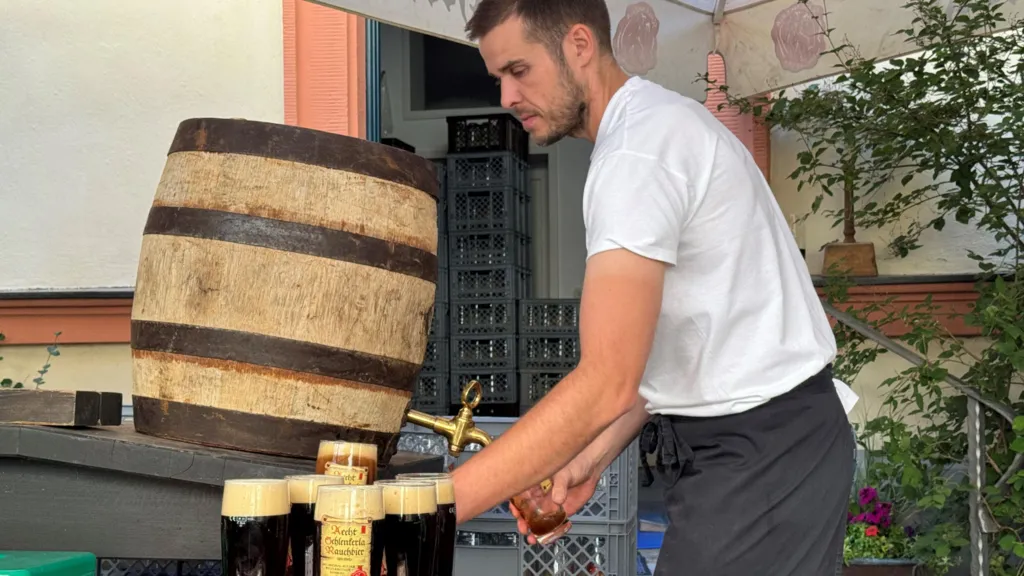As Beer Sales Decline, Young Germans Embrace Alcohol-Free Brews

Beer is deeply embedded in Germany’s cultural DNA—but drinking habits are shifting. For the first time in over three decades, beer sales in Germany have fallen below 4 billion litres over a six-month period, according to the country’s federal statistics office, Destatis.
Sales dropped 6.3% in the first half of 2025 compared to the same period last year, marking a continued decline in traditional beer consumption.
But as full-strength beer sales fall, one segment is bucking the trend: non-alcoholic beer. Since 2013, sales of alcohol-free lagers have surged by over 109%, reflecting changing attitudes toward alcohol—especially among younger Germans.
A Generational Shift in Drinking Culture
At the Erdinger brewery, just outside Munich, this change is clear. CEO Stefan Kreisz says about a quarter of their current production is now alcohol-free.
“We need to find ways to make beer attractive to young people—even without alcohol,” he said. “You have to understand how they meet, how they party. There’s no algorithm telling you it’s time for a beer anymore.”
To keep up with changing tastes, Erdinger now markets its non-alcoholic beers as natural alternatives to energy drinks, promoting them at sporting events and in wellness-focused settings.
At Café Kosmos, a popular bar in Munich, barman Louis von Tucher has noticed the change too.
“In the 2000s, people would be offended if you suggested drinking water. Now, people are more conscious about how much they drink. They’ll alternate between alcohol and non-alcoholic drinks,” he said.
But he admits that the shift is still relatively modest: on a typical night, the bar might serve 150 to 500 litres of regular beer, compared to just 20 litres of alcohol-free options.
Beer Still Flows at Folk Festivals
Despite the trend, full-strength beer remains central to German traditions—especially in Bavaria. At Bamberg’s Sandkerwa folk festival, beer stalls line the streets, music fills the air, and glasses are rarely empty.
“Beer is very important here,” said Pascal, a local enjoying a drink with friends. “People come to Bamberg for the beer and the fest. I can’t imagine consumption here is going down.”
Student Magdalena agrees, even if her generation is drinking more moderately. “People my age drink less regularly than older generations, but this is still Germany. It’s still Bavaria,” she said. “At events like this, everyone has a beer in hand.”
The Future of German Beer
While the numbers suggest a long-term decline in traditional beer consumption, the rise in alcohol-free options points to an evolution, not an extinction, of Germany’s beer culture.
The new generation may not drink beer daily—but when they do, they increasingly want more mindful, healthier options. And breweries are taking note.
As Kreisz puts it: “Beer isn’t going away. It’s just changing.”
